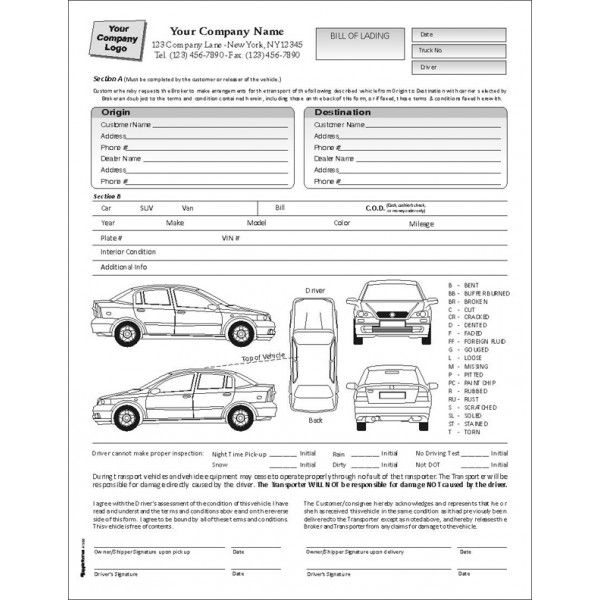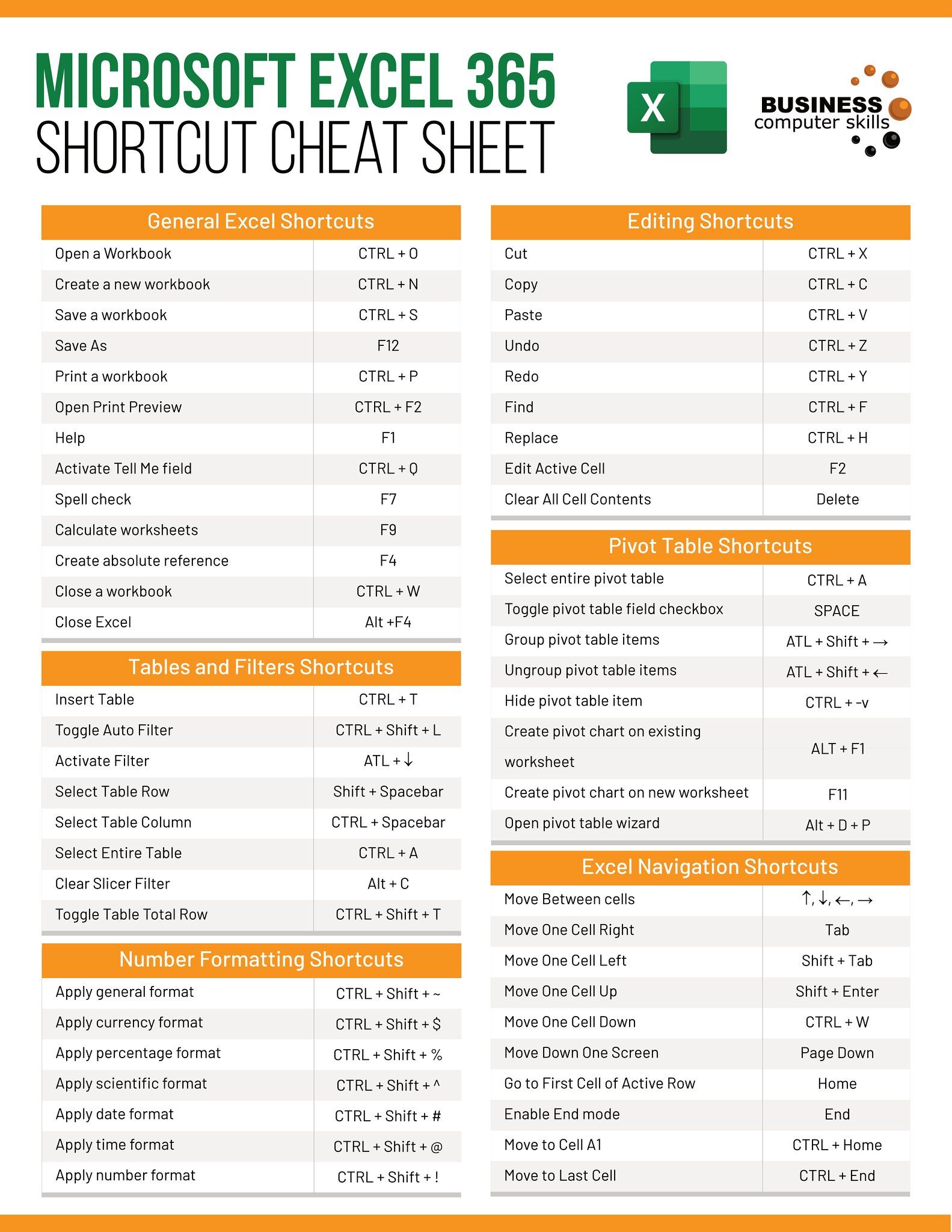Essential Paperwork Checklist for Selling Your Car

Why Selling Your Car Requires Attention to Detail

Selling a vehicle is more than just a simple transaction. It involves careful consideration and a hefty amount of paperwork to ensure the process is smooth, legal, and advantageous for both the seller and the buyer. This comprehensive guide will explore the various documents required when selling your car, explain the importance of each, and provide a checklist to help keep your paperwork in order.
The Crucial Role of Documentation

When you decide to sell your car, the paperwork you compile can significantly impact the sale. Proper documentation ensures:
- Legal Compliance: All transactions are lawful, reducing the risk of fines, penalties, or legal issues.
- Proof of Ownership: Transferring the title to the new owner is seamless, avoiding any claims of fraud or theft.
- Vehicle History: Buyers feel confident knowing the car's background through maintenance records, accident reports, and title history.
- Negotiation Leverage: A clear and complete paper trail can facilitate negotiations by providing transparency and trust.
The Paperwork Checklist

Here's the essential paperwork you'll need to gather before selling your vehicle:
1. Title of the Vehicle

- Original Title: This document is the most crucial as it proves ownership.
- Lien Release: If your car has a loan on it, a lien release from your lender is necessary to transfer the title to the buyer.
🔍 Note: If you've misplaced your title, contact your local DMV for a duplicate title request.
2. Bill of Sale

This document details the agreed-upon price, date of sale, vehicle details, and signatures of both parties.
| Detail | Information Required |
|---|---|
| Vehicle Information | VIN, make, model, year, mileage, and color |
| Payment | Agreed sale price, payment method |
| Signatures | Seller and buyer must sign |
| Date | Date of transaction |

3. Vehicle History Report

- VIN Check: Obtain a comprehensive report from a service like CARFAX or AutoCheck.
4. Odometer Disclosure Statement

Required by law, this statement ensures the buyer knows the exact mileage of the car to prevent odometer fraud.
5. Maintenance and Repair Records

Documentation of regular maintenance, repairs, and upgrades can increase buyer confidence:
- Service receipts, repair bills, and notes from oil changes to major repairs.
6. Release of Liability

Submit this form to your DMV to transfer responsibility for the vehicle to the new owner, protecting you from liabilities post-sale.
7. Emissions Test Results

Depending on local regulations, a recent emissions test might be required to verify the car's compliance with environmental standards.
8. Warranty Documents

If the car is still under warranty or has an extended warranty, providing this information adds value to your sale.
Wrapping Up the Paperwork

Once you have compiled all the necessary paperwork, it's time to go over everything again to ensure completeness:
- Review all documents for accuracy.
- Complete any missing information.
- Make copies for yourself and the buyer.
🔔 Note: Secure storage of your copies is vital for future reference or if any issues arise post-sale.
By maintaining meticulous records and adhering to the checklist, you position yourself for a successful car sale that benefits both parties involved.
In summary, selling your car involves navigating through a sea of paperwork that is as important as the negotiation process itself. Proper documentation ensures legal compliance, establishes trust, and can even increase the value of your car in the eyes of potential buyers. By understanding the documents required, ensuring their accuracy, and preparing a comprehensive record, you streamline the selling process, making it more efficient and less stressful.
Do I need all these documents to sell my car?

+
While not all documents are legally required in every jurisdiction, providing them can facilitate a smoother sale process and increase buyer confidence. Missing documents might not halt the sale but could lower the car’s value or complicate the transfer of ownership.
What if I can’t find the title to my car?

+
If you’ve lost the title, you can contact your local DMV to request a duplicate title. This process usually requires a fee, and the issuance might take some time, so plan ahead.
How can I ensure my odometer disclosure is accurate?
+Ensure your odometer reading is accurate by documenting the last service or oil change when the mileage was noted, and check your car’s dashboard for the current reading.



